Ata-ul-Haye Nasir, Al Hakam
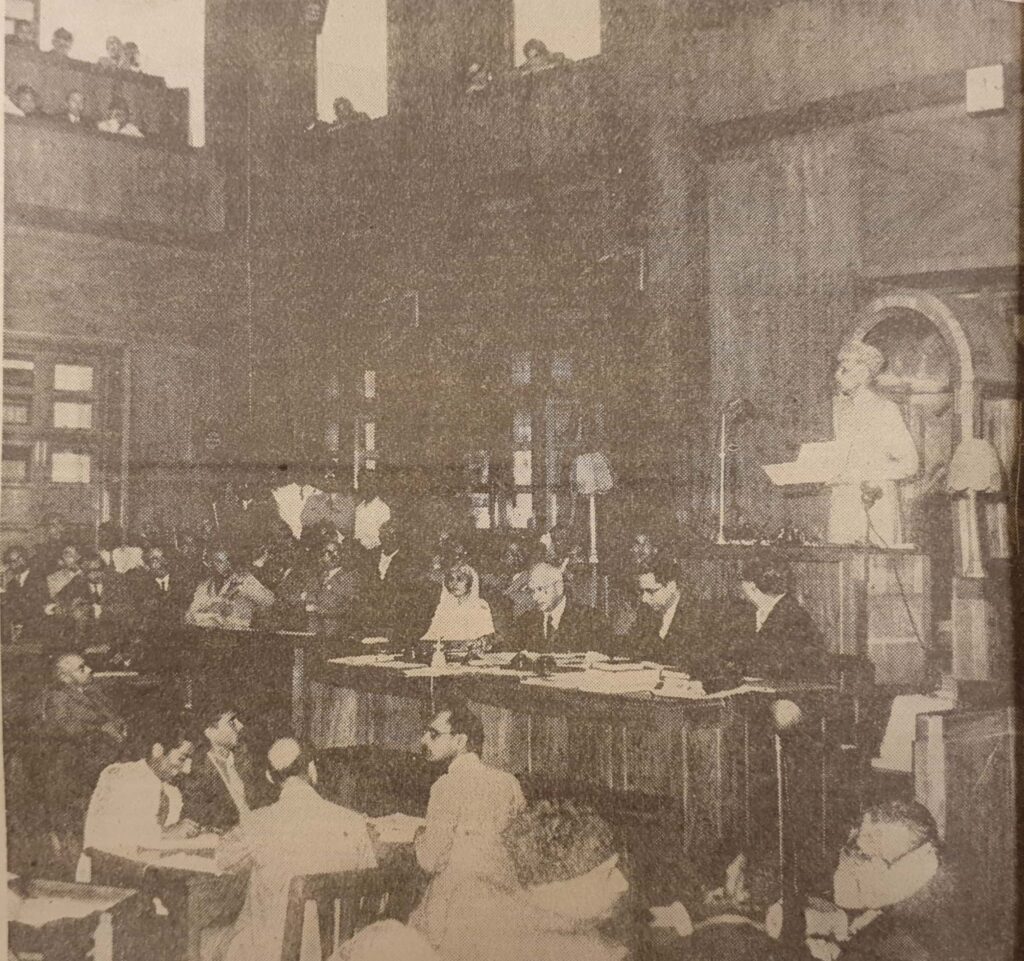
Upon the demise of Muhammad Ali Jinnah, the founder of Pakistan, in 1948, Hazrat Musleh-e-Maud, Mirza Bashir-ud-Din Mahmud Ahmadra wrote an article and advised the people of Pakistan to fulfil the good wishes of Mr Jinnah instead of becoming anxious upon his death. Huzoorra said that this would be the most appropriate reaction to their leader’s death, and hoped that if the people of Pakistan – who loved and valued Jinnah a lot – make a firm resolve to march towards the goal that was set for Pakistan by Jinnah and make utmost efforts in achieving it, then Pakistan would surely continue to leap forward. (Al Fazl, 21 September 1948, p. 4)
What was the goal that was set for Pakistan by Jinnah, or what kind of state did he dream of?
This question was answered by Jinnah himself during his speech at the Constituent Assembly of Pakistan on 11 August 1947.
During his speech, he said:
“Every one of you, no matter what his colour or creed, is first, second, and last a citizen of the State, with equal rights, privileges, and obligations. You are free to go to your temples and your places of worship in this State of Pakistan. Religion or caste or creed have nothing to do with the business of the State.” (The Scotsman, 12 August 1947, p. 4)
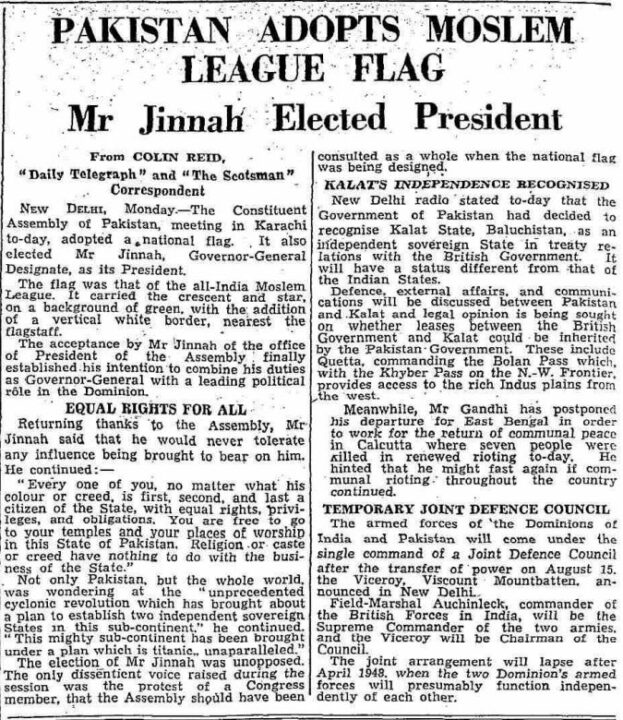
The News Chronicle of London reported, “Mr Jinnah cooed to the minorities, appealing to them to work in cooperation as equal citizens, forgetting the past.” (News Chronicle, 12 August 1947, p. 1)

Without going into the details as to what the objective behind the formation of Pakistan was, one point is clear: the Muslims of the Indian subcontinent demanded a separate homeland where they could freely profess their Faith. However, despite being a Muslim-majority state, it was to provide equal rights to all of its citizens regardless of their faith, colour, caste, race or background.
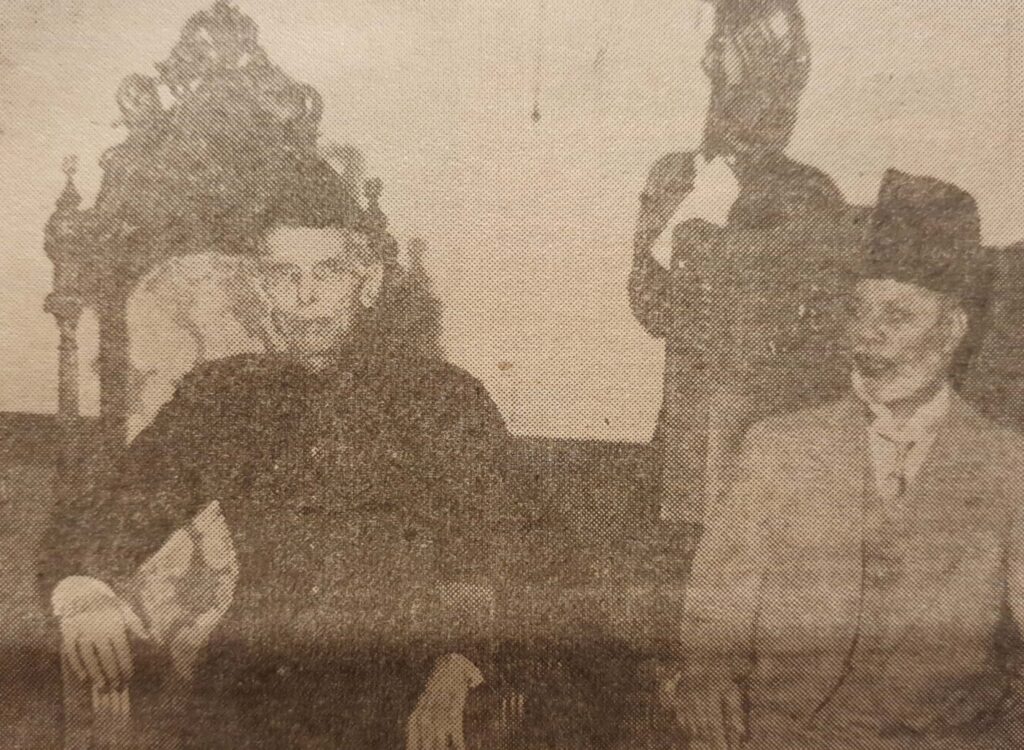
Hazrat Musleh-e-Maud’sra advice to newly-formed Pakistan
Hazrat Musleh-e-Maudra has perfectly shed light on the above-mentioned point in his 1952 article for the Pakistan Law Review titled “Pakistan me qaanoon ka mustaqbil” – The Future of Law in Pakistan. Huzoorra wrote:
“I believe that the biggest problem Pakistani people will have to face is that they have a huge majority of Muslims, and the government of Pakistan has not been established as a result of a military or national victory, rather it has been established through a consensus [among its people]. Therefore, despite having a huge Muslim majority, Pakistan will have to consider that consensus while drafting its legislation, otherwise, it will be rightly blamed for breaking a collective consensus. […]
“If a [Pakistani] Muslim desires to be declared a good Muslim in the sight of Allah the Almighty, just as they consider themselves, then they must fulfil all those accords and promises in a true spirit, which were made to the minorities and other communities at the time of Pakistan’s establishment. If anyone draws away from fulfilling those accords, in reality, they are moving away from Islam.” (“Promises made to minorities when Pakistan was created must be fulfilled: Hazrat Mirza Bashiruddin Mahmud Ahmad’sra guidance for Pakistani laws”, Al Hakam, 20 May 2022, Issue 218, p. 7)
Huzoorra further outlined the following points to be considered while drafting Pakistan’s laws:
“1) The spirit of Islamic teachings should always be in our minds.
“2) Our laws need to be perfectly compatible with human nature.
“3) We need to fulfil all promises in every aspect that have been made to the minorities.” (Ibid.)
After presenting the Islamic teachings in relation to fostering a harmonious and successful society within the country, Huzoorra stated:
“Indeed, we can never satisfy all classes of the country – meaning maulvis, Western-influenced educated people, the poor, and the rich – but by acting on the above-mentioned wise foundation, we can certainly fulfil the needs of human nature and succeed in attaining the love of Allah the Almighty.” (Ibid.)
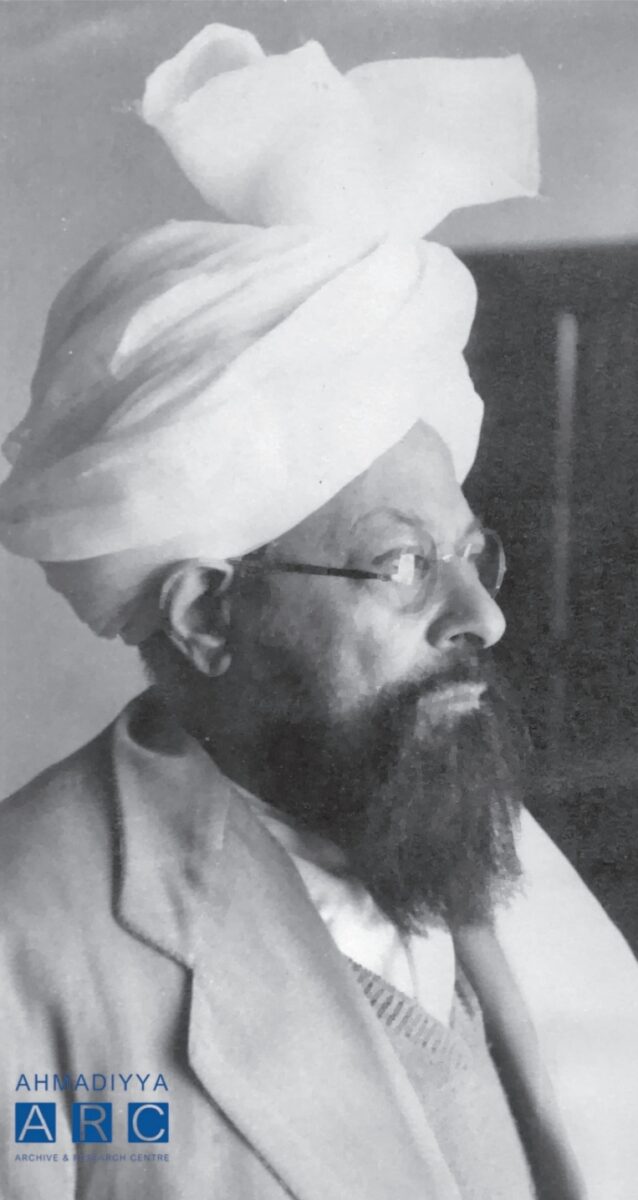
From the beginning, Hazrat Musleh-e-Maudra gave valuable guidance to the newly formed Pakistan and advised the public and the government to understand their responsibilities for the successful future of Pakistan.
For instance, in December 1947, Huzoorra started a series of six lectures, titled Pakistan Aur Uska Mustaqbil – Pakistan and its future – which were delivered in Lahore. The series concluded on 17 January 1948. (“Hazrat Mirza Bashiruddin Mahmud Ahmad’sra blueprint for a successful Pakistan: Highly praised yet neglected advice”, Al Hakam, 3 December 2021, Issue 194, pp. 18-21)
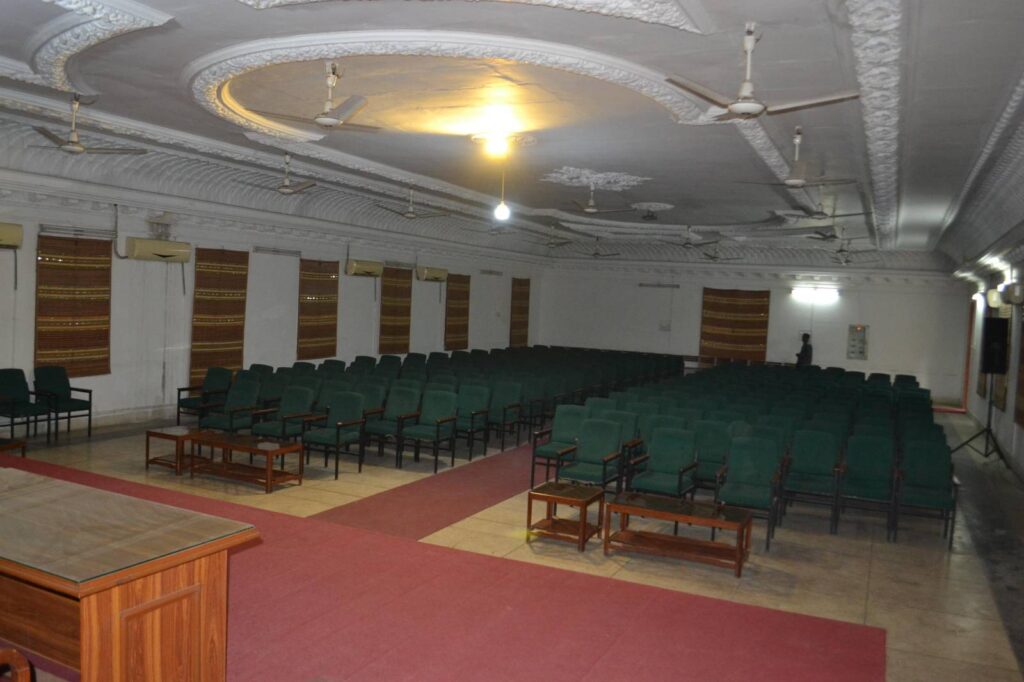
In 1948, Huzoorra delivered another series of lectures in major cities of West Pakistan, on “Istihkam-e-Pakistan” – The Consolidation of Pakistan – which covered insightful topics for the successful future of Pakistan, including national interests and guidance for the countrymen and government. (“‘The consolidation of Pakistan’: Lectures by Hazrat Mirza Bashiruddin Mahmud Ahmadra on how Pakistan can see success”, Al Hakam, 6 May 2022, Issue 216, pp. 10-13)
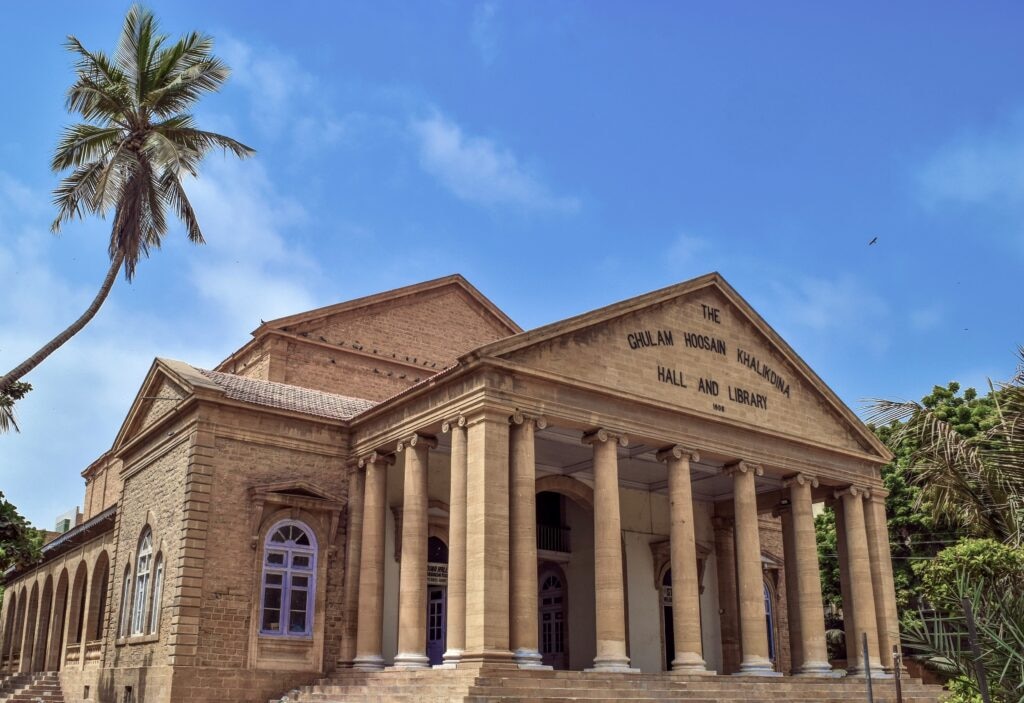
If the government and the people of Pakistan had taken heed of Hazrat Musleh-e-Maud’sra valuable and timely guidance – which was hugely praised at the time – the country would have progressed immensely, and it could have avoided many setbacks that were faced in the following years and in present-day Pakistan.
Muhammad Ali Jinnah
Muhammad Ali Jinnah (1876-1948) was also known as Quaid-e-Azam. As a lawyer, Jinnah gained fame for his skilled handling of the 1908 “Caucus Case”. Being disappointed on the part of Indian politics in the early 1930s, he moved to England and decided to settle there. Realising the situation, Hazrat Musleh-e-Maudra wished to bring him back to India so that he may continue his efforts for the Muslims. Hence, he instructed Hazrat Maulvi Abdur Rahim Dardra, the then Imam of the Fazl Mosque, to persuade Jinnah to return to British India. Quaid-e-Azam then restarted his efforts for the Muslims of India, with a new zeal, and had great support from Hazrat Musleh-e-Maudra at every crucial step. Pakistan was established in 1947, and Muhammad Ali Jinnah became its first Governor-General.

